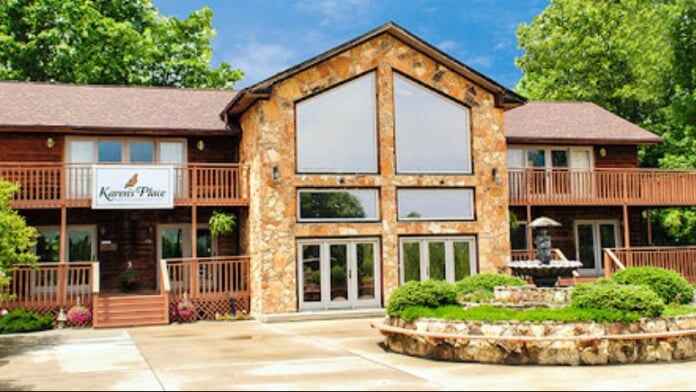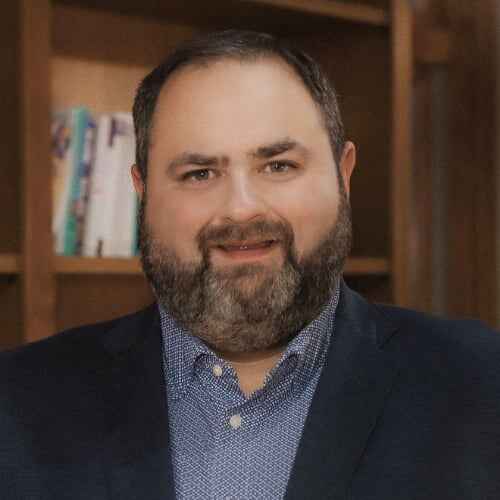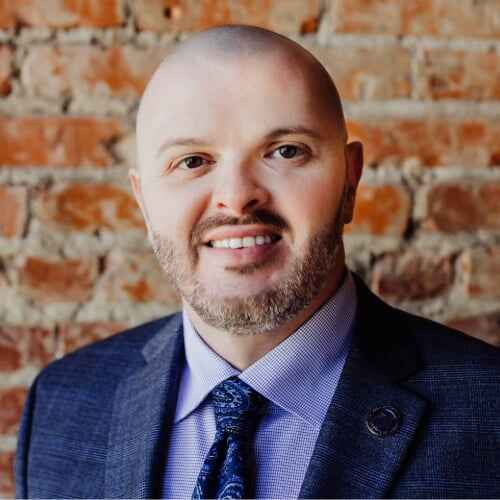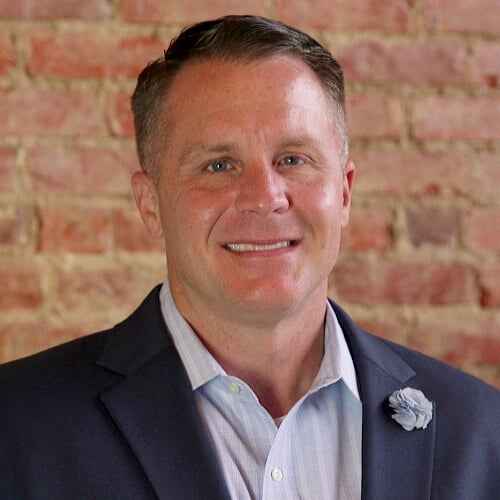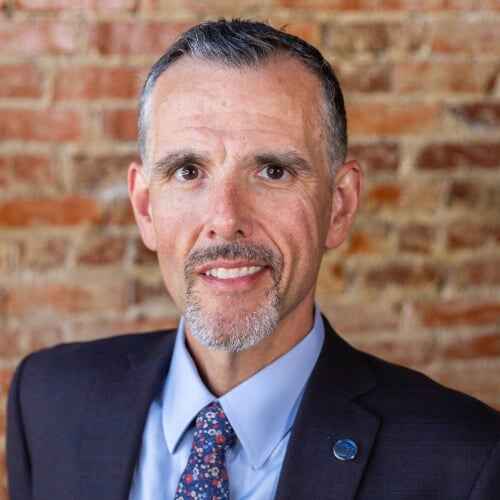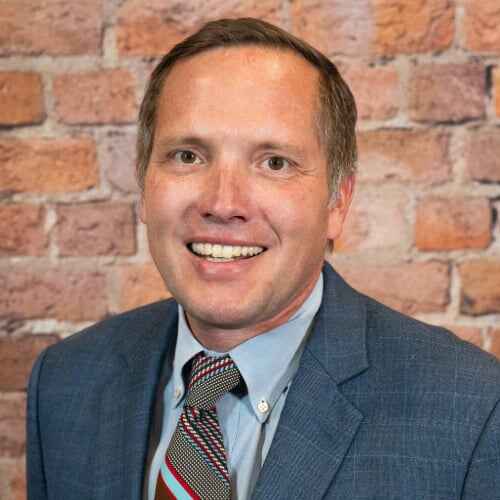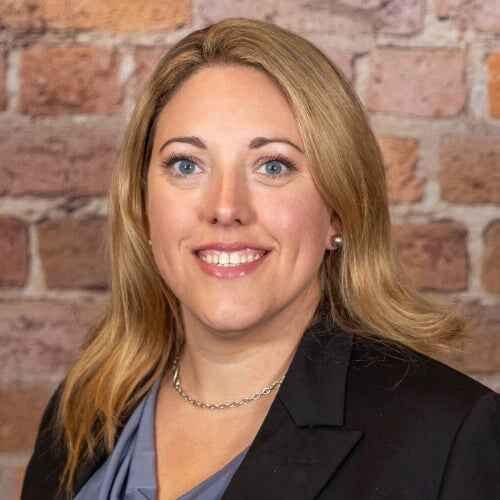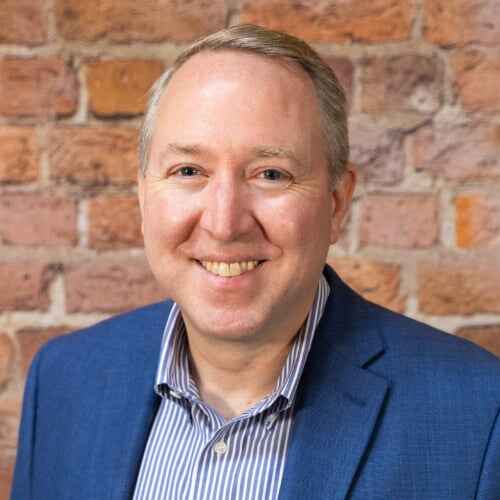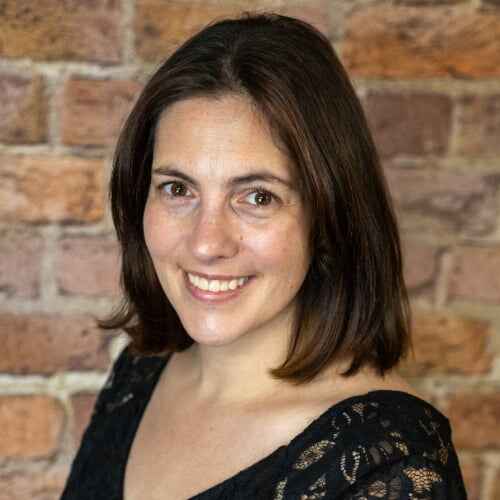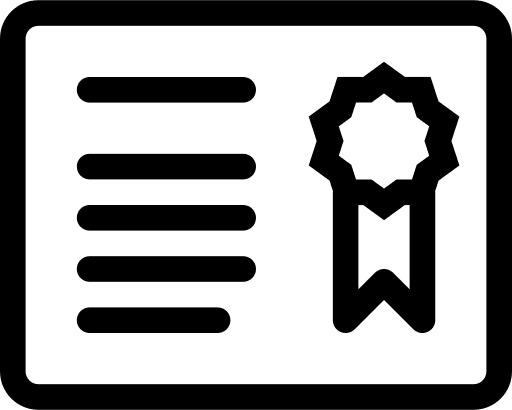About Addiction Recovery Care – Louisa
Addiction Recovery Care (ARC) located in the heart of Louisa, Kentucky, offers a comprehensive suite of mental health and substance abuse treatment programs tailored to the unique needs of the community. Their treatment approach ensures that individuals receive the appropriate level of care at each stage of their recovery journey by providing a full continuum of care that includes detox, residential treatment, transitional care, an intensive outpatient program (IOP), outpatient treatment, medication assisted treatment (MAT), vocational rehabilitation and job training.
Their Crisis to Career program is one of the initiatives designed to change lives and assist individuals in their move from addiction to finding meaningful employment. This is a holistic approach that addresses not only the immediate challenges of substance abuse but also arms the participants for long term success by empowering them to rebuild their lives. The program includes vocational training and job placement services.
Another helpful service they offer is the Peer Support Program. They match clients with others who have already worked their way through recovery. These peers offer a very real sense of guidance, encouragement and understanding that can help give a sense of hope so crucial for continued recovery.
ARC incorporates FDA approved medications with broad counseling and behavioral therapies. Evidence based medication eases withdrawal symptoms and cravings to make recovery manageable. Their doctors work hand in hand with patients in coming up with a personalized MAT plan that is safe and proves effective for the client’s needs.
Situated at 332 River Bend Road the facility is set amidst an environment that is conducive to healing. Louisa’s natural beauty surrounds clients with the serenity of the landscape which can play a very important role in recovery. The amenities at the facility are designed to be comforting and supportive, creating an atmosphere that is nurturing and supportive of your journey toward wellness.
